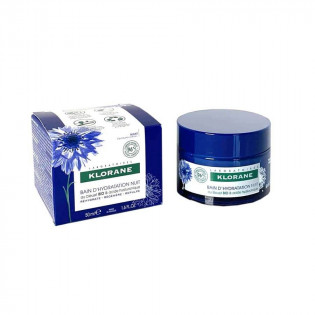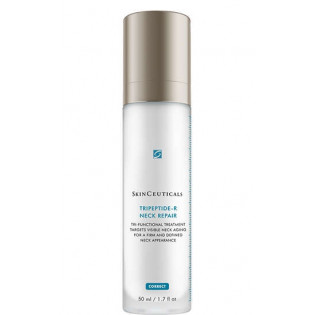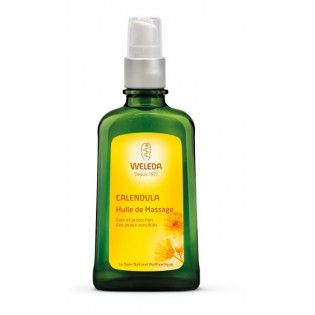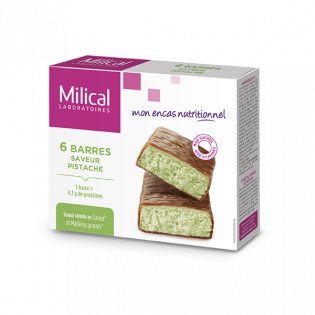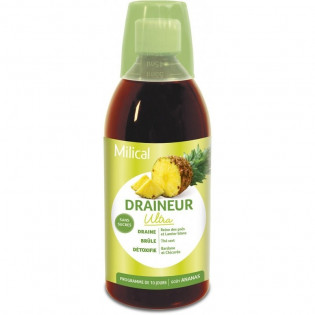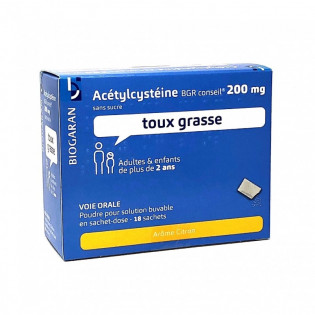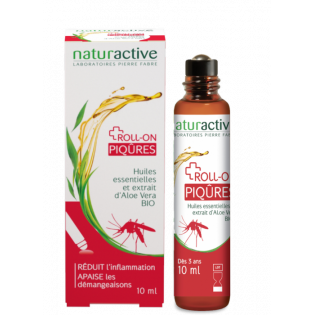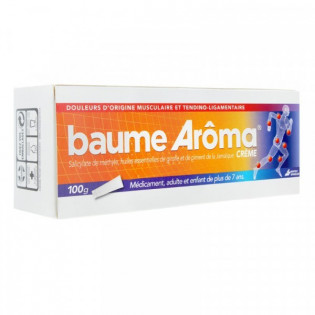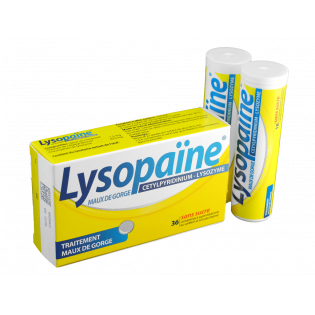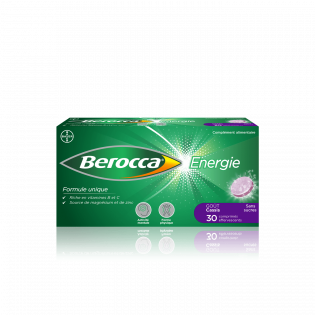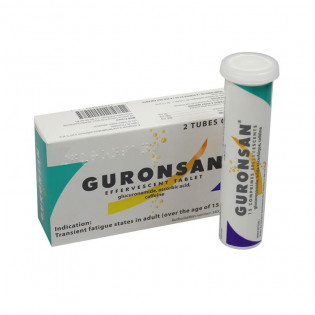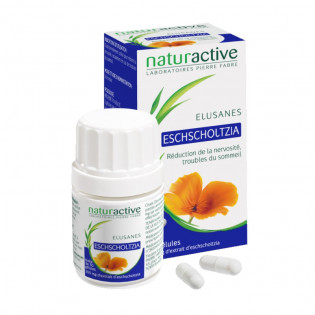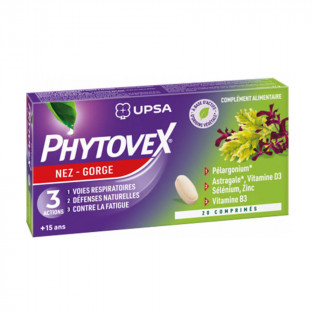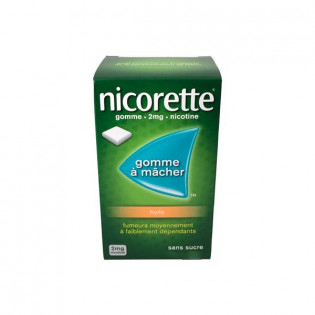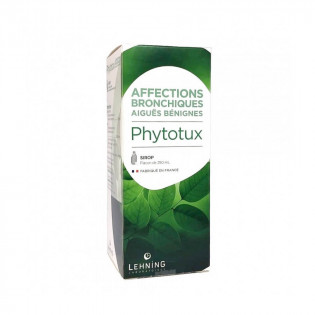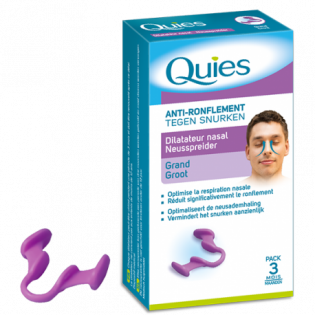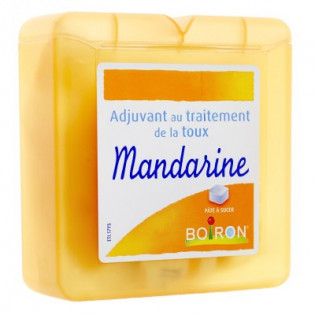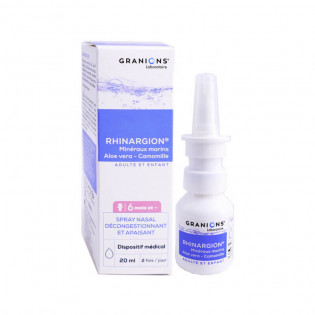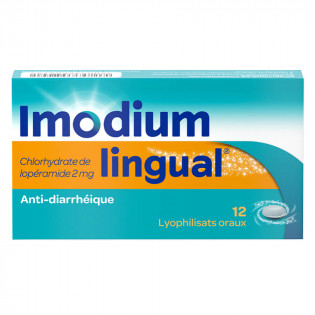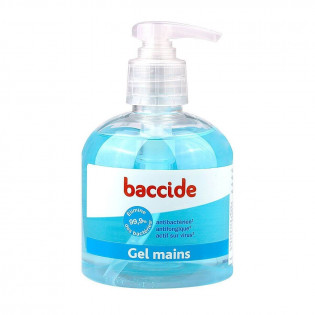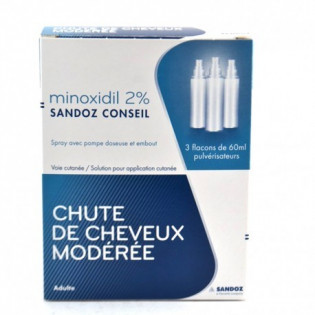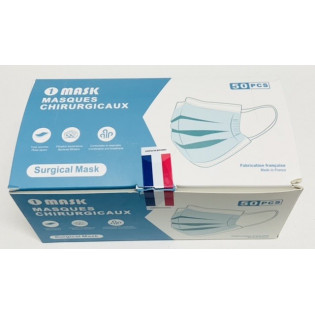Consult a physician.
In this leaflet :
1. WHAT IS ASPIRIN UPSA VITAMIN C TAMPONED EFFERVESCENT, effervescent tablet AND WHAT IS IT USED FOR?
2. WHAT YOU SHOULD KNOW BEFORE TAKING ASPIRIN UPSA VITAMIN C SAMPLE EFFERSEENT, effervescent tablet
3. HOW DO I TAKE ASPIRIN UPSA VITAMIN C SAMPLE EFFECTS, effervescent tablet?
4. WHAT ARE THE POSSIBLE SIDE EFFECTS?
5. HOW TO USE ASPIRIN UPSA VITAMIN C SAMPLE EFFECTS, effervescent tablet?
6. ADDITIONAL INFORMATION
1. WHAT IS ASPIRIN UPSA VITAMIN C TAMPONED EFFERVESCENT, effervescent tablet AND WHAT IS IT USED FOR?
Pharmacotherapeutic class
OTHER ANALGESICS AND ANTIPYRETICS
This medicine contains aspirin and vitamin C.
This medicine is an analgesic (pain reliever) and an antipyretic (fever reducer). It is indicated in case of fever and pain such as headaches, flu, toothache, aches and pains, in adults and children from 20 kg (about 6 years).
2. WHAT YOU SHOULD KNOW BEFORE TAKING ASPIRIN UPSA VITAMIN C TAMPONNEE EFFERVESCENT, effervescent tablet
List of information needed before taking the medicine
Not applicable.
Do not take ASPIRIN UPSA VITAMIN C TAMPONNEE EFFERVESCENT, eff ervescent tablet in the following cases:
- allergy to aspirin or a related drug (including non-steroidal anti-inflammatory drugs) or to any of the other components
- history of asthma induced by the administration of aspirin or a related drug (including non-steroidal anti-inflammatory drugs),
- after 5 months of pregnancy (24 weeks of amenorrhea) for doses above 100 mg per day,
- Active stomach or duodenal ulcer,
- bleeding disease or risk of bleeding,
- severe liver disease,
- severe kidney disease,
- severe heart disease,
- kidney stones, due to the presence of vitamin C in doses above 1 g per day,
- treatment with methotrexate in doses greater than 20 mg/week and when aspirin is used in high doses as an anti-inflammatory (≥ 1g per dose and/or ≥ 3g per day), especially in the treatment of rheumatic conditions, or in the treatment of fever or pain (≥ 500 mg per dose and/or < 3g per day (see section 3d. "Drug interactions").
- treatment with oral anticoagulants, and in case of a history of stomach or duodenal ulcer and when aspirin is used in high doses, as anti-inflammatory drugs (≥ 1g per dose and/or ≥ 3g per day) especially in the treatment of rheumatic conditions, or in the treatment of fever or pain (≥ 500 mg per dose and/or < 3g per day) (see section 3d. Drug interactions).
IN CASE OF DOUBT, IT IS ESSENTIAL TO ASK YOUR DOCTOR OR PHARMACIST FOR ADVICE.
Precautions for use; special warnings
Take care with ASPIRIN UPSA VITAMIN C TAMPONNEE EFFERVESCENT, effervescent tablet:
Special warnings
- When used in combination with other medicines, to avoid the risk of overdose, check that the other medicines do not contain aspirin.
- In case of headaches occurring during prolonged use of high doses of aspirin, you should not increase the doses, but consult your doctor or pharmacist. Regular use of painkillers, especially several painkillers in combination, can lead to kidney damage.
- Reye's Syndrome (a rare but very serious disease mainly involving neurological and liver damage) has been observed in children with viral diseases receiving aspirin.
Therefore:
o in case of viral illness, such as chickenpox or a flu-like episode: do not give aspirin to a child without medical advice,
o If a child taking aspirin develops consciousness or behavioural problems and vomits, seek medical attention immediately.
Aspirin should only be used on the advice of your doctor:
- when treating rheumatic disease,
- in case of G6PD deficiency (hereditary red blood cell disease), as high doses of aspirin may have caused haemolysis (destruction of red blood cells),
- if you have a history of stomach or duodenal ulcers, gastrointestinal bleeding or gastritis,
- in case of kidney or liver disease,
- in case of asthma: the occurrence of asthma attacks in some individuals may be related to an allergy to non-steroidal anti-inflammatory drugs or aspirin. In this case, this medicine is contraindicated,
- in case of heavy menstruation,
- in case of treatment with:
o oral anticoagulants, when aspirin is used in high doses in the treatment of fever or pain (≥ 500 mg per dose and/or < 3 g per day) and in the absence of a history of stomach or duodenal ulcer
o oral anticoagulants, when aspirin is used in low doses as an antiplatelet agent (50-375 mg per day) and in the absence of a history of stomach or duodenal ulcer,
o non-steroidal anti-inflammatory drugs, when aspirin is used in high doses as an anti-inflammatory (≥ 1 g per dose and/or ≥ 3 g per day) especially in the treatment of fever or pain (≥ 500 mg per dose and/or < 3 g per day),
o glucocorticoids (except hydrocortisone in replacement therapy), when aspirin is used in high doses as an anti-inflammatory (≥ 1 g per intake and/or ≥ 3 g per day) especially in the treatment of rheumatic conditions,
o heparins used in curative doses and/or in subjects over 65 years of age, when aspirin is used in high doses as an anti-inflammatory (≥ 1 g per dose and/or ≥ 3 g per day) particularly in the treatment of fever or pain (≥ 500 mg per dose and/or < 3 g per day
o drugs used in the treatment of gout,
o clopidogrel,
o pemetrexed in patients with low to moderate renal function,
o ticlopidine (see Use of Other Drugs).
During treatment: if gastrointestinal bleeding occurs (e.g., blood in the mouth, blood in the stool, black stool), STOP THE TREATMENT AND CONTACT A PHYSICIAN OR EMERGENCY MEDICAL SERVICE IMMEDIATELY.
§ This medicine is reserved for adults and children over 20 kg (about 6 years old) in case of pain and fever.
However, it is necessary to remember that if your child is less than 1 month old, medical advice is essential before using aspirin.
This medicine contains aspirin and vitamin C.
You should not take other medicines containing aspirin and/or non-steroidal anti-inflammatory drugs and/or containing vitamin C at the same time as this medicine;
|
This medicine containsaspirin.
You or your child should not take other medicines containing aspirin and/or non-steroidal anti-inflammatory drugs at the same time as this medicine.
Read the package inserts of other medicines you or your child are taking carefully to make sure they do not contain aspirin and/or non-steroidal anti-inflammatory drugs.
|
Precautions for use
- Pain or fever:
This dosage is suitable for adults and children over 20 kg (about 6 years). For children under 20 kg (approx. 6 years), take a more suitable dosage.
Ask your doctor or pharmacist for advice.
- If pain persists for more than 5 days or fever for more than 3 days, or if there is insufficient efficacy or any other sign, do not continue treatment without the advice of your doctor.
- Aspirin increases the risk of bleeding at very low doses, even when taken for several days. PREVENT YOUR TREATMENT PHYSICIAN, SURGEON,
ANESTHESIST OR DENTIST, in the event that surgery, even minor, is envisaged.
- Aspirin alters uricemia (the amount of uric acid in the blood).
- Because of a slightly stimulating effect due to the presence of vitamin C, it is advisable not to take this medicine at the end of the day.
- This medicine contains 485 mg of sodium per tablet: please take this into account if you are on a strict low-salt or salt-free diet.
IF IN DOUBT, DO NOT HESITATE TO ASK YOUR DOCTOR OR PHARMACIST FOR ADVICE.
Interactions with other medicines
When aspirin is used in high doses as an anti-inflammatory (≥ 1g per dose and/or ≥ 3g per day) especially in the treatment of rheumatic conditions, or in the treatment of fever or pain (≥ 500 mg per dose and/or < 3g per day), this drug MUST NOT BE USED in combination:
- with methotrexate used in doses greater than 20 mg/week,
- with oral anticoagulants and in case of a history of stomach or duodenal ulcer,
This drug SHOULD BE AVOIDED in combination with:
- oral anticoagulants, when aspirin is used in high doses for the treatment of fever or pain (≥ 500 per dose and/or < 3 g per day) and in the absence of a history of stomach or duodenal ulcer,
- oral anticoagulants, when aspirin is used in low doses as an antiplatelet agent (50-375 mg per day) and if there is a history of stomach or duodenal ulcer,
- non-steroidal anti-inflammatory drugs, when aspirin is used in high doses as an anti-inflammatory drug (≥ 1 g per dose and/or ≥ 3 g per day) especially in the treatment of rheumatic conditions or in the treatment of fever or pain (≥ 500 mg per dose and/or < 3 g per day),
- glucocorticoids (except hydrocortisone in replacement therapy), when aspirin is used in high doses as an anti-inflammatory (≥ 1 g per dose and/or ≥ 3 g per day), particularly in the treatment of rheumatic conditions,
- heparins used in curative doses and/or in subjects over 65 years of age, when aspirin is used in high doses as an anti-inflammatory (≥ 1 g per dose and/or ≥ 3 g per day), particularly in the treatment of rheumatic conditions, or in the treatment of fever or pain (≥ 500 mg per dose and/or < 3 g per day),
- drugs used in the treatment of gout,
- clopidogrel,
- pemetrexed in subjects with low to moderate renal function,
- ticlopidine (see section 3.b "Warnings").
IN ORDER TO AVOID POSSIBLE INTERACTIONS BETWEEN SEVERAL DRUGS, YOU SHOULD ALWAYS INFORM YOUR DOCTOR OR PHARMACIST OF ANY OTHER TREATMENT IN PROGRESS.
Interactions with food and drink
Not applicable.
Interactions with herbal products or alternative therapies
Not applicable.
Use during pregnancy and lactation
Pregnancy - Lactation
IN GENERAL, DURING PREGNANCY AND BREASTFEEDING, ALWAYS ASK YOUR DOCTOR OR PHARMACIST FOR ADVICE BEFORE USING ANY MEDICINE.
Pregnancy
This medicine is intended for adults and children from 20 kg (about 6 years). However, in the case of use in exceptional circumstances in women of childbearing age, the following points should be borne in mind:
Low doses, less than 100 mg per day:
Low doses of acetylsalicylic acid below 100 mg per day, may be prescribed in exceptional circumstances requiring specialist supervision.
For doses above 100 mg per day
At these doses, unless absolutely necessary, acetylsalicylic acid should not be prescribed during the first two trimesters of pregnancy. If acetylsalicylic acid is administered to a woman who wishes to become pregnant or is less than six months pregnant, the dose should be as low as possible and the duration of treatment as short as possible.
At doses above 100 mg per day, acetylsalicylic acid is contraindicated after 5 months of pregnancy (24 weeks of amenorrhea). You should NEVER take this medicine during the third trimester of pregnancy because its effects on your child may be serious, particularly in terms of cardiopulmonary and renal health, even if you take it only once.
If you have taken this medicine while you were pregnant, talk to your obstetrician-gynecologist so that appropriate monitoring can be offered to you.
Breastfeeding
As aspirin passes into breast milk, this medicine is not recommended during breastfeeding.
ASK YOUR DOCTOR OR PHARMACIST FOR ADVICE BEFORE TAKING ANY MEDICATION.
Not applicable.
Effects on ability to drive and use machines
Not applicable.
List of excipients with a known effect
List of excipients with a known effect:
Sodium.
3. HOW TO TAKE ASPIRIN UPSA VITAMIN C TAMPONED EFFERESCENT, effervescent tablet
Instructions for proper use
Not applicable.
Dosage, Method and/or route(s) of administration, Frequency of administration and Duration of treatment
Dosage
This presentation is reserved for adults and children from 20 kg (approximately 6 years).
In case of pain, in case of fever:
The dosage of aspirin depends on the weight of the child; the ages are given for information. If you do not know the child's weight, you should weigh the child in order to give the most appropriate dose.
Aspirin is available in many dosages, allowing the treatment to be adapted to each child's weight.
The recommended daily dose of aspirin is about 60 mg/kg/day, divided into 4 or 6 doses, i.e. about 15 mg/kg every 6 hours or 10 mg/kg every 4 hours.
- For children weighing 20 to 26 kg (approximately 6 to 10 years), the dosage is 1 effervescent tablet per dose, to be repeated if necessary after 6 hours, without exceeding 4 effervescent tablets per day.
- For children weighing 27 to 36 kg (approximately 8 to 12 years), the dosage is 1 effervescent tablet per dose, repeated if necessary after 4 hours, but not exceeding 6 effervescent tablets per day.
- For children weighing 37 to 50 kg (approximately 11 to 15 years of age), the dosage is 2 effervescent tablets per dose, repeated if necessary after 6 hours, not to exceed 8 effervescent tablets per day.
- For adults and children weighing more than 50 kg (from about 15 years of age): the maximum recommended daily dose is 3 g of aspirin, i.e. 9 effervescent tablets per day.
The usual dose is 2 effervescent tablets of 330 mg, to be repeated if necessary after a minimum of 4 hours, but not exceeding 9 effervescent tablets per day.
- For the elderly:
The maximum recommended daily dose is 2 g of aspirin, i.e. 6 effervescent tablets per day.
The usual dose is 1 effervescent tablet of 330 mg, to be repeated as necessary after at least 4 hours. In the event of more intense pain or fever, 2 effervescent tablets of 330 mg, to be repeated if necessary after at least 4 hours, without exceeding 6 effervescent tablets per day.
IF IN DOUBT, ASK YOUR DOCTOR OR PHARMACIST FOR ADVICE.
Method and route of administration
Take by mouth.
Drink immediately after complete dissolution of the effervescent tablet in a large glass of water.
Frequency of administration
In case of pain, in case of fever:
Systematic intake avoids oscillations of pain or fever.
In adults: they must be regularly spaced, at least 4 hours apart.
In children: they should be regularly spaced, including at night, preferably 6 hours apart, and at least 4 hours apart (comply with the dosage specified above).
Duration of treatment
In case of pain, in case of fever:
|
Duration of use is limited:
- to 5 days in case of pain,
- to 3 days in case of fever.
|
If the pain persists for more than 5 days or the fever for more than 3 days or if it gets worse, do not continue the treatment without the advice of your doctor (see section 3.c "Precautions for use").
Symptoms and instructions in case of overdose
If you or your child has taken more ASPIRIN UPSA VITAMIN C TAMPONNEE EFFERVESCENT, effervescent tablet than you should have:
Regarding aspirin:
During treatment, ringing in the ears, a feeling of decreased hearing, headaches, dizziness may occur: these usually indicate an overdose of aspirin.
YOUR CHILD'S TREATMENT SHOULD BE STOPPED AND A DOCTOR CONTACTED.
In case of accidental poisoning (especially common in young children), SEEK MEDICAL ATTENTION IMMEDIATELY.
Concerning vitamin C:
- At doses above 2 g/day of vitamin C, vitamin C may interfere with the following biological tests: blood and urine creatinine and glucose assay (glucose oxidase tiglet control of diabetes).
- At doses higher than 3 g/day of vitamin C, risk of hemolysis (destruction of red blood cells) in subjects deficient in glucose 6 phosphate dehydrogenase (specific enzyme of red blood cells).
Instructions in case of missed doses
If you forget to take or give your child ASPIRIN UPSA VITAMIN C TAMPONED EFFERESCENT, effervescent tablet :
Do not take or give a double dose to make up for the dose you forgot to take or give your child.
Risk of withdrawal syndrome
Not applicable.
4. WHAT ARE THE POSSIBLE SIDE EFFECTS?
Description of side effects
Like all medicines, ASPIRIN UPSA VITAMIN C TAMPONNEE EFFERVESCENT, effervescent tablet is likely to have adverse reactions, although not everyone is likely to experience them.
Related to aspirin:
- Your treatment should be stopped immediately and your doctor notified in the following cases:
o digestive bleeding (see Special Warnings). The higher the dosage used, the more frequent these are,
o allergic reactions such as skin rash, asthma attack, angioedema (hives on the face with difficulty breathing)
o ringing in the ears, sensation of decreased hearing, headache, dizziness: these signs usually indicate an overdose of aspirin
o Reye's syndrome (onset of consciousness or behavioural disturbance and vomiting) in a child with a viral illness receiving aspirin (see Special Warnings).
- · Tell your doctor if you experience abdominal pain, nosebleeds or gum bleeds.
Stomach ulcers have been reported.
Related to vitamin C:
At doses above 1 g/day of vitamin C, possibility of:
- digestive disorders (heartburn, diarrhea),
- Urinary disorders (formation of kidney stones).
If you notice any side effects not mentioned in this leaflet, or if any side effects become serious, please tell your doctor or pharmacist.
5. HOW TO CONSERVE ASPIRIN UPSA VITAMIN C TAMPONNEE EFFERVESCENT, effervescent tablet
Keep out of the reach and sight of children.
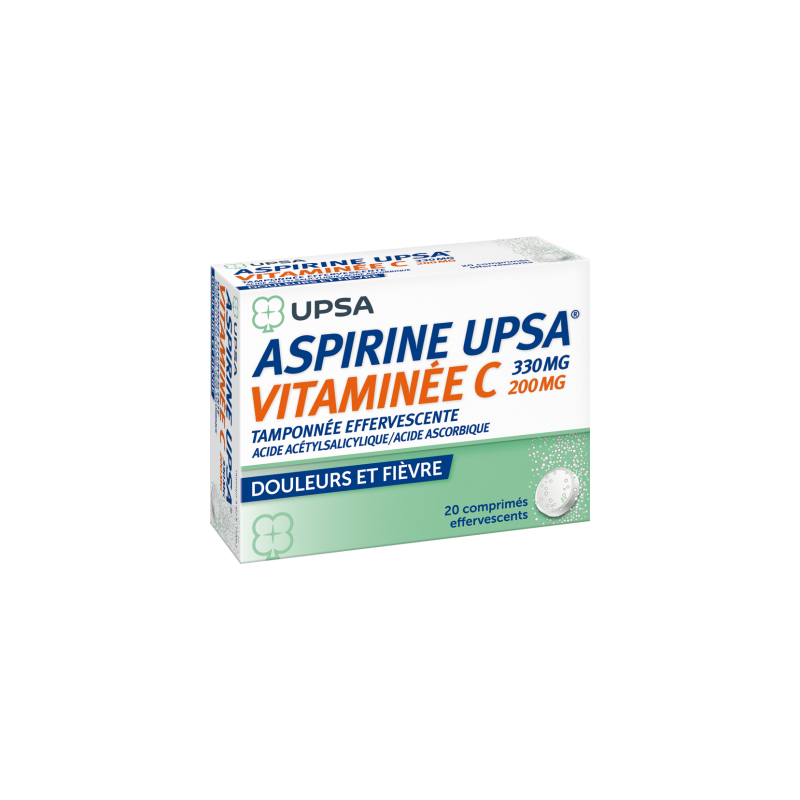
 Français
Français English
English
